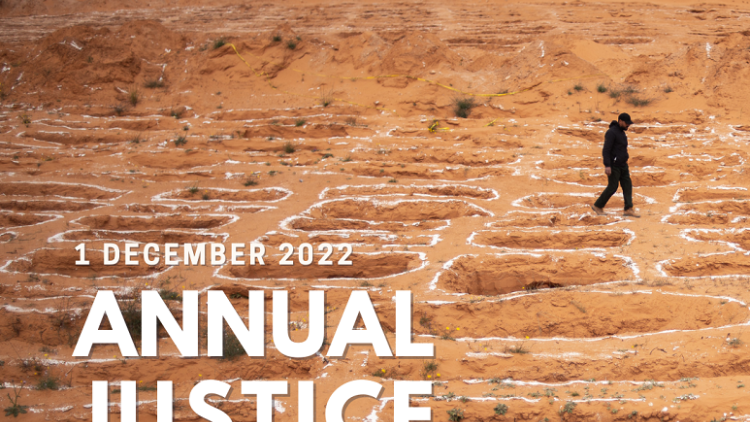Amnesty International and Nelson Mandela: Prisoners of Conscience, Armed Resistance and the Dialectics of Ends and Means

Key information
- Date
- Time
-
5:00 pm
- Venue
- Ground floor, Brunei Gallery, SOAS
- Room
- BG01
- Event type
- Event highlights
About this event
In 1962, Amnesty International, just recently created, had to make a difficult decision about whether to maintain the status of “prisoner of conscience” for Nelson Mandela.
Ultimately, the organization decided not to on the basis of its strict position that the status could not be awarded to persons who had advocated armed violence. Mandela, the head of the ANC, an organization involved in the armed struggle against the Apartheid regime, could not be a “prisoner of conscience” even though he was clearly imprisoned for his beliefs.
In revisiting that episode, this paper will seek to put the debates at Amnesty International in conversation with debates then occurring in the Third World about whether the human rights framework might accommodate decolonization. In particular, the presentation will underline the ability of national liberation groups to draw on a human rights tradition of resistance to tyranny in their international discourse, even as they sought to ground their efforts in a variety of homegrown political or religious traditions.
That these invocations could not be recognized for what they were by a leading Western human rights organization says something about the Western liberal human rights script and how it came to be challenged in the crucible of the anti-Apartheid struggle. The paper then examines how the South African Truth and Reconciliation Commission sought to operate a synthesis between these views, viewing the violence of the ANC as simultaneously liable for gross human rights violations yet legitimate in its principle.
About the Speaker
Frédéric Mégret is a Professor of Law and a William Dawson Scholar at McGill University. He held the Canada Research Chair on the Law of Human Rights and Legal Pluralism from 2006 to 2015. He was promoted to full professor in 2019. He was named co-director of the Centre for Human Rights and Legal Pluralism in 2021.
Professor Mégret's interests lie in international criminal justice, international human rights law, international humanitarian law, the law of international organizations, transitional justice, criminal law, and general international law.


